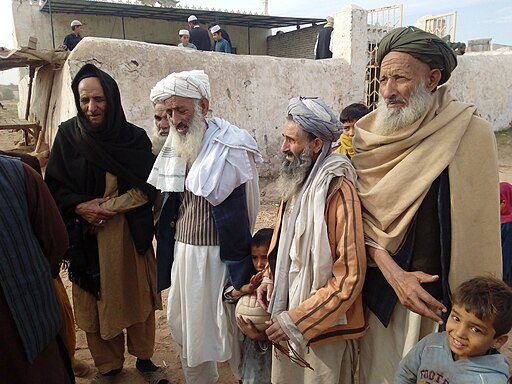
Pakistan has ordered for the deportation of an estimated 1.7 million Afghan refugees by the end of November, in a move the Taliban has opposed as “unacceptable”.
The recent crackdown follows a deadly blast at a mosque in Mastung city near the Afghanistan border, resulting in over 50 casualties during a religious celebration. Balochistan province, near the Pakistan-Afghanistan border, has been a frequent target of armed groups, including the Tehrik-e Taliban Pakistan (TTP) and the Islamic State.
Pakistan’s caretaker Interior Minister Sarfraz Bugti alleged that Afghan nationals had carried out 14 out of 24 suicide bombings in Pakistan this year. The Taliban has rejected rumours that Afghan militants were involved in the attack.
Responding to the attack, Pakistan has established a taskforce to identify and seize private businesses and assets owned by "illegal" Afghans. Reports indicate that local authorities have already begun detaining Afghans, both those with and without legal status. Afghanistan's embassy disclosed that over 1,000 Afghans have been detained in the past two weeks.
Starting November 1, Pakistan will only allow visitors with visas and passports to enter, a departure from the historical use of national identity cards by Afghan travellers. Obtaining visas and passports has become a lengthy process, contributing to the backlog of Afghans seeking entry into Pakistan.
